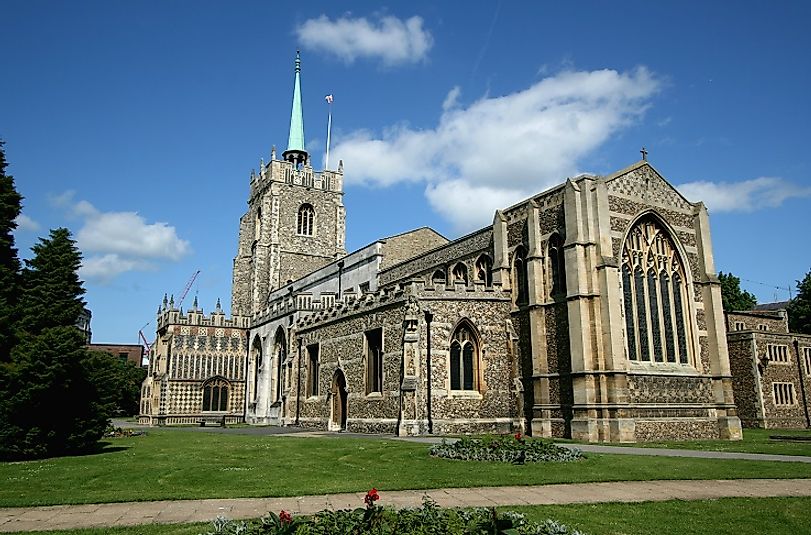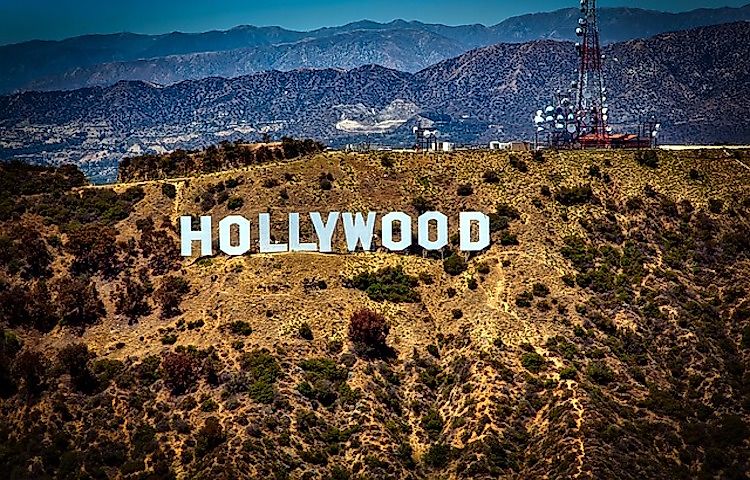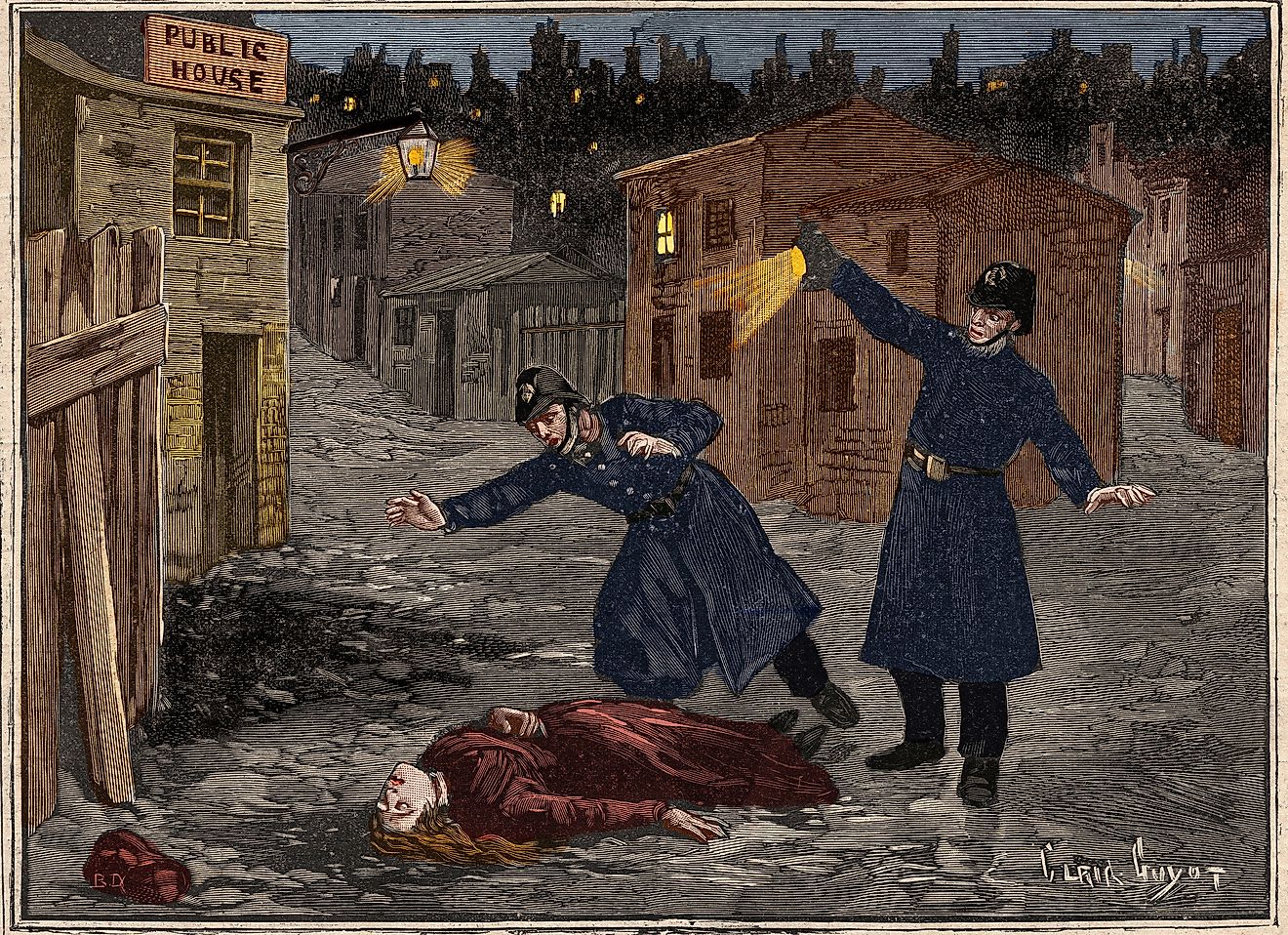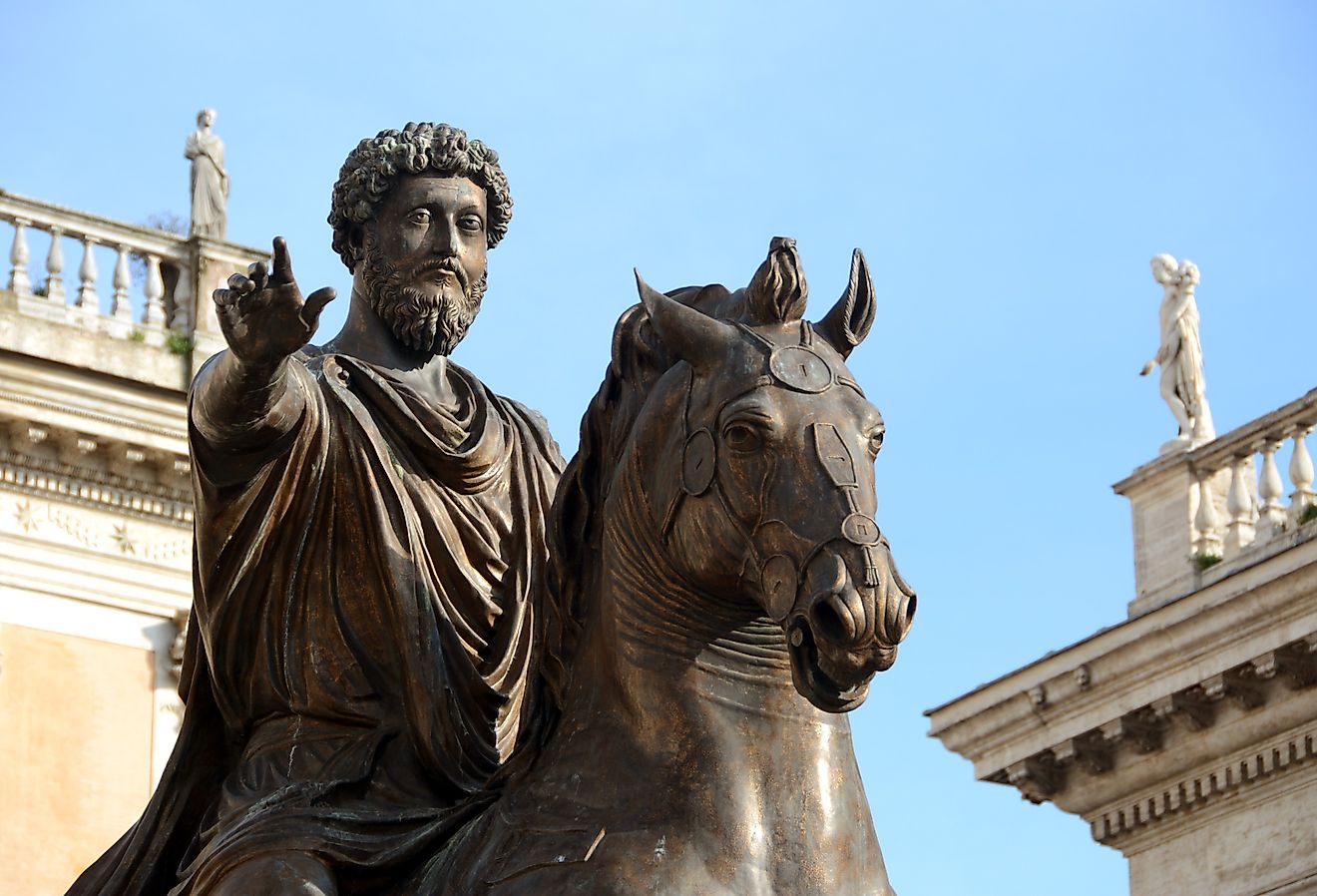Religious Beliefs In The United Kingdom (Great Britain)

Freedom of Religion in the United Kingdom
The United Kingdom, comprised of England, Scotland, Wales, and Northern Ireland, guarantees freedom of religion to its citizens and residents through 3 different regulations. One of these laws is the European Convention on Human Rights, which guarantees the right to free religious choice. Although freedom of religion is well established and practiced, some religious preference is given by the government. In the case of the monarchy for example, only Protestants may become king or queen (although they are now free to marry Catholics without losing their succession to the throne). Additionally, the Church of England is the state church of that country and the monarch swears an oath to protect both the Church of England and the Church of Scotland. Residents of the UK follow several different beliefs. Those beliefs are discussed below.
Irreligion in Great Britain
Irreligion is the lack of a religious belief, and includes such subcategories as atheism and agnosticism. Nearly half (49%) of the population of the UK identifies as irreligious. This number is one of the highest in Europe, although it follows a regional pattern toward secularization. Many researchers believe the UK has entered a period of post-Christianity in which the previously dominant Christian religion has given way to different values and cultures. Of the four countries that make up the UK, England is the least religious, followed by Scotland, Wales, and then Northern Ireland.
Anglican Christianity
Anglican Christianity is practiced in regional jurisdictions, such as the Church of England, Church of Scotland, Church of Ireland, and Church of Wales. In 1534, it split away from the Catholic church, prompting what is now known as the English Reformation era. Historically, this has been the predominant Christian denomination in the UK. Today, 17% of the population identify as Anglican.
Other Non-Catholic Christians
Besides Anglicanism and Catholicism, other Christian beliefs are practiced by 17% of the British population. A few of these denominations include non-Anglican Protestants, Orthodox Christians, Presbyterians, Methodists, and Baptists. Many of the Protestant churches in Scotland broke away from the Anglican church, Church of Scotland, in the 19th Century. England and Wales began to form non-Anglican Protestant churches in the 1980’s. The Protestant denomination is the second largest in Northern Ireland. Methodism was introduced to England in the 18th Century and today, has around 290,000 members throughout Great Britain, but only 3,000 in Scotland. Church attendance of all of these denomination is declining.
Roman Catholicism
Catholicism has a long history in the United Kingdom. For nearly 200 years, however, from the 1500’s until the 1700’s, the Catholic church would not recognize the English monarchy. During this time, Catholics suffered discrimination, and were prohibited from voting, joining Parliament, and owning land. Today, 8% of the British population identifies as Catholic. The majority of these followers are in Northern Ireland where around 40% of the people are Catholic, and it is the dominant religion around the inland areas of Northern Ireland. In Scotland, approximately 15.9% of the population identifies as Catholic. This number drops significantly in England and Wales where it is only 7.4%.
Islam
The percentage of the population identifying as Muslim in the United Kingdom is 5%. The majority of these followers live in England and Wales, where they make up 3% of the population. They make up only .8% of the population in Scotland and in Northern Ireland fewer than 2,000 people practice Islam. Although these numbers are small, they grew 10 times faster than the population between 2001 and 2009.
Approximately 3% of the population practices some other religion not listed above. These religions include Hinduism, Buddhism, Judaism, Sikhism, and the Baha’i Faith. Indian and Eastern religions in the United Kingdom are growing in size as immigrants continue to arrive from English-speaking areas, particularly former British colonies, in South and East Asia.
Religious Beliefs In The United Kingdom (Great Britain)
| Rank | Belief System | Share of British Population |
|---|---|---|
| 1 | Irreligious, Atheist, or Agnostic | 49% |
| 2 | Anglican Christianity | 17% |
| 3 | Non-Anglican Protestant, Orthodoxy, and other forms of non-Catholic Christianity | 17% |
| 4 | Roman Catholic Christianity | 8% |
| 5 | Islam | 5% |
| Eastern Religions, Judaism, and Other Beliefs | 4% |











